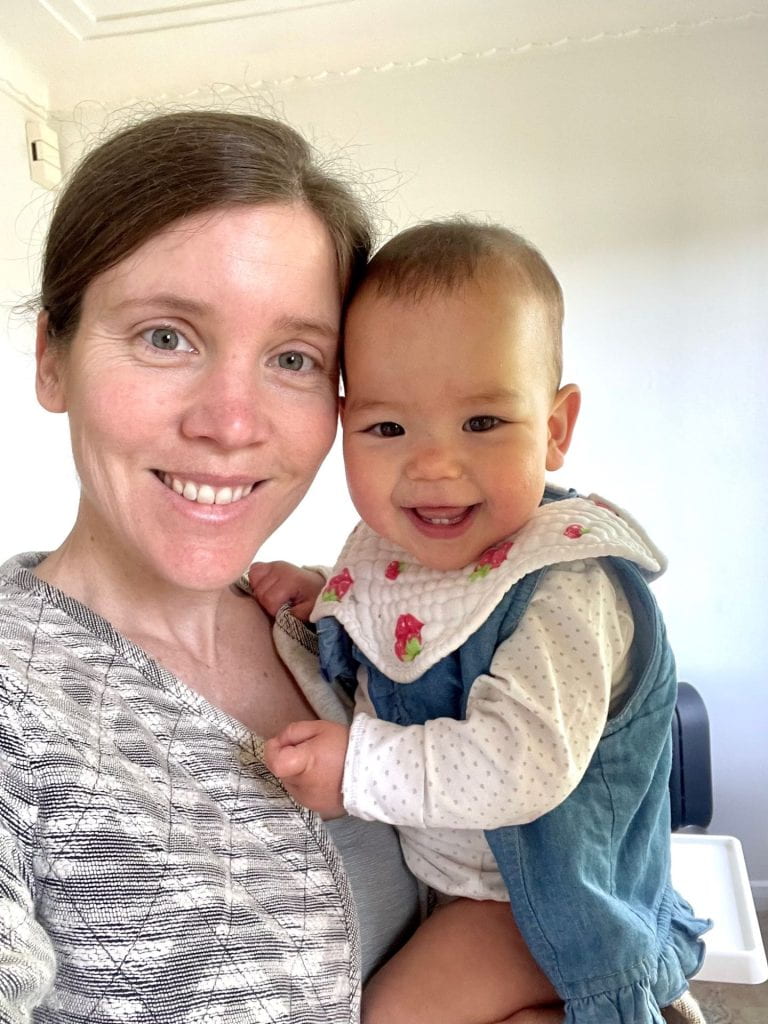
Dr Jane Ahlstrand understands the importance of fitting studies around family life.
Stepping off the plane on her first overseas trip, to Bali, Dr Jane Ahlstrand’s path was set: she fell in love with Indonesia.
“It was like a sensory feast”, Jane, now a UNE lecturer in Indonesian language and culture, recalls. “The smell was a mix of incense, clove cigarettes, rain and kerosene. Stepping into this thick, tropical air, I saw people with smiles on their faces, and picked up on their really relaxed vibe.
“It was like a whole new world opened up.”
The experience was a world away from her upbringing in rural Queensland – where she had limited experience with other cultures, apart from learning a small bit of Indonesian at school – which was cancelled in Year 10.
“At that time – heading into the late ‘90s – languages, particularly Asian languages, began to decline. Politically, Australia was starting to turn away from Asia.
“For me, someone who’s always been a bit of an odd-bod, somebody who likes to go against the grain, I wanted to rebel against the white monoculturalism I was surrounded by.”
With the small bit of Indonesian she had learnt from school, she went with her family on her first overseas holiday – to Bali.
“For me – a kid from rural Queensland – that was a big deal!
“Stepping off that plane was a really foundational moment in my life. There’s something about Indonesia that is really hard to forget.”
Far from forgetting, Jane signed up to learn more. “I was super motivated to learn the language as I saw it as a way into that intoxicating culture. I borrowed books from the library and sought out pen pals. Then I enrolled in formal study at university in 2000 and haven’t looked back.”
She now spends her day-to-day life happily submerged in the culture. That includes reading (at least a page or two of Indonesian literature every night before bed!), dancing (she learnt Balinese dance at university), and, of course, teaching Indonesian language and culture at UNE.
“I offer a lecture and two hour-long classes each week, plus we have a supplementary gathering open to everyone, including Indonesians, former and future students. People can choose to observe or participate, so there’s no pressure to get involved.
“The study program is flexible to fit around commitments and family life – I have a baby, so I know how important that is!
“Our classes are small but diverse, with students from all backgrounds, and all across Australia, but united by a passion for the country, culture and language.
“Despite its proximity to Australia, Indonesian is a niche language these days – and we are one of the few universities left in Australia with an Indonesian program. It’s a great privilege to teach it!”



Recent Comments